
The older homebound adult is more likely to live alone, have mobility limitations, experience incontinence problems, and be considered at high risk for falling and fear of falling, as well as more likelyto receive home support services. “Homeboundness” is defined as never or almost never leaving one’s home except for emergencies, not going beyond one’s door without assistance, or going out of one’s home less than once a month, and it is estimated to affect as much as 50% of the population who are 85+ years old. 1 The older homebound adult is more likely to live alone, have mobility limitations, experience incontinence problems, and be considered at high risk for falling and fear of falling, as well as more likely to receive home support services. 2 Frail seniors living at home are particularly difficult to reach and are at high risk for loss of functional independence and for institutionalization. 3
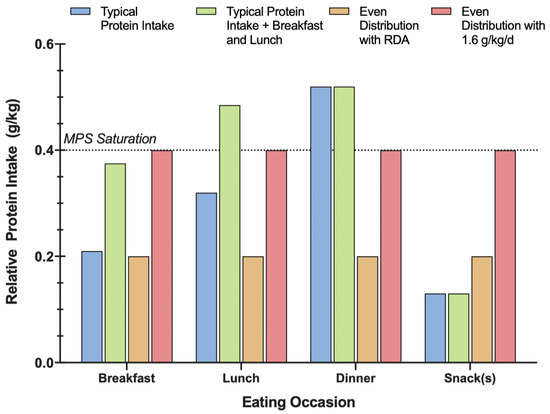
Nutrients, Free Full-Text
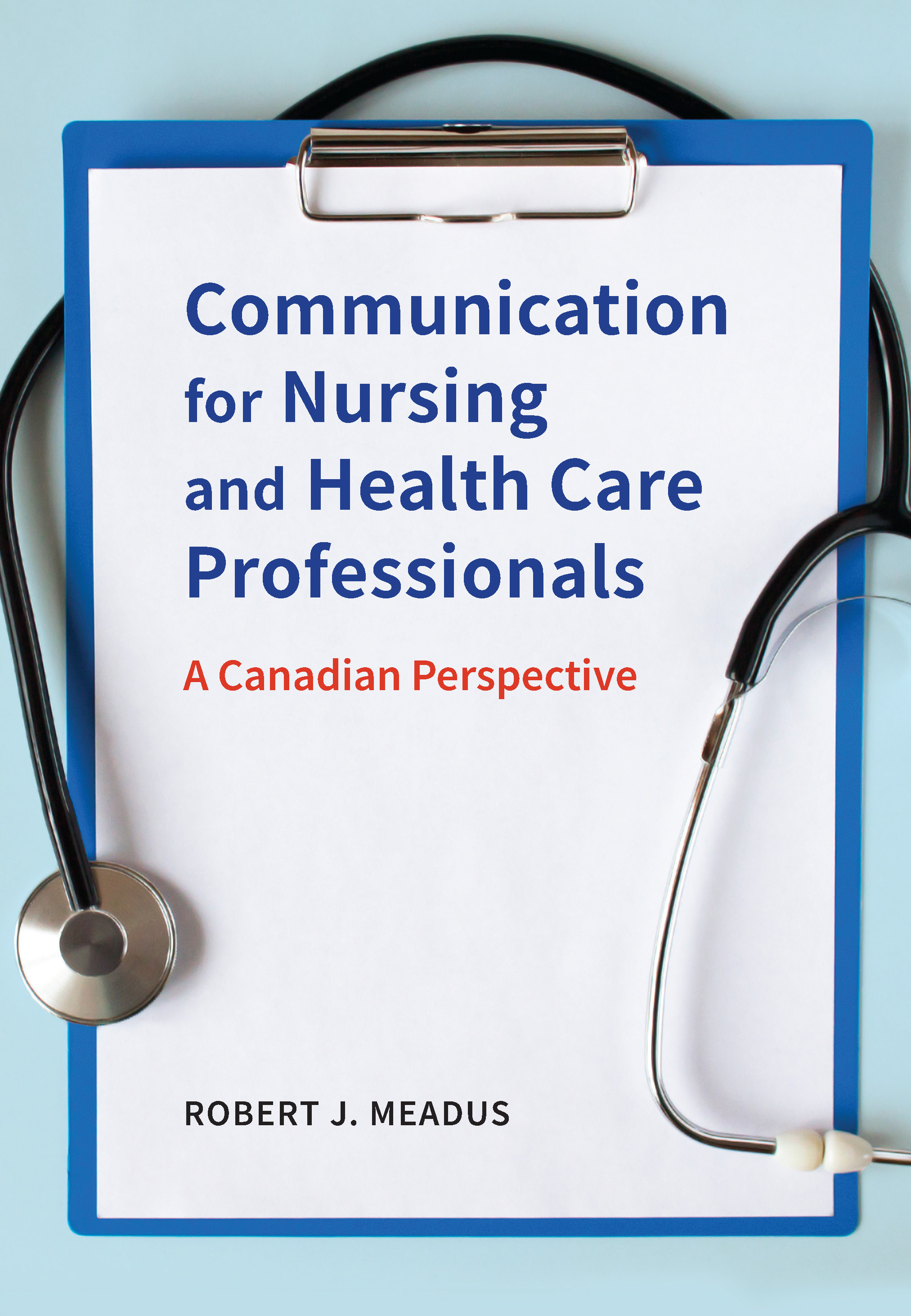
Communication for Nursing and Health Care Professionals - Canadian

Canadian 24-Hour Movement Guidelines for Adults (65+ years
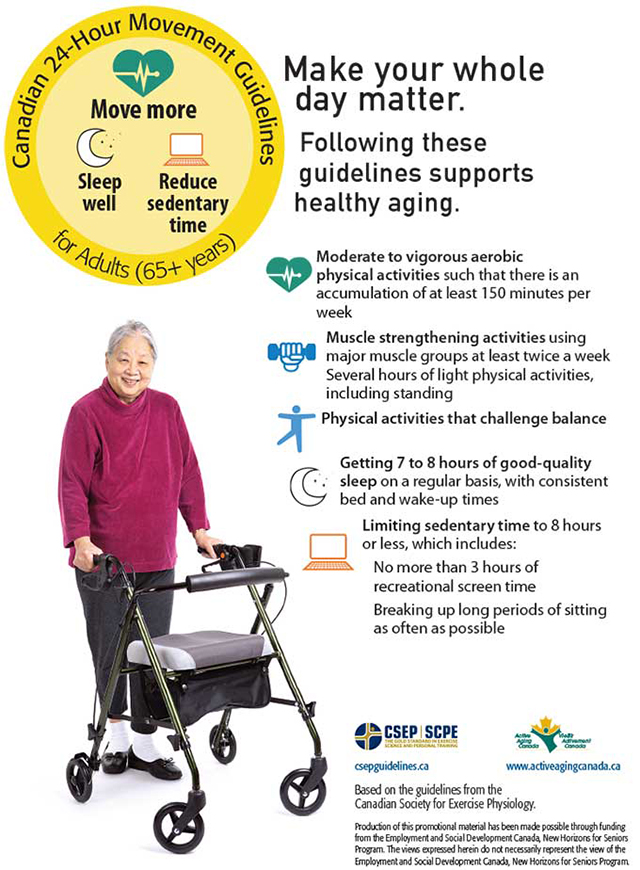
Canadian 24-Hour Movement Guidelines for Adults (65+ years

Nutrition Tips for Aging Well - Canadian Digestive Health Foundation

Community Resources, Caregiver Support, Amy's Helping Hands

IJERPH, Free Full-Text

Canadian Centre for Activity and Aging - Western University

The costs of elder care in Canada - My Own Advisor

Active Living For Aging Adults

Home and Community Support Services - Maamwesying
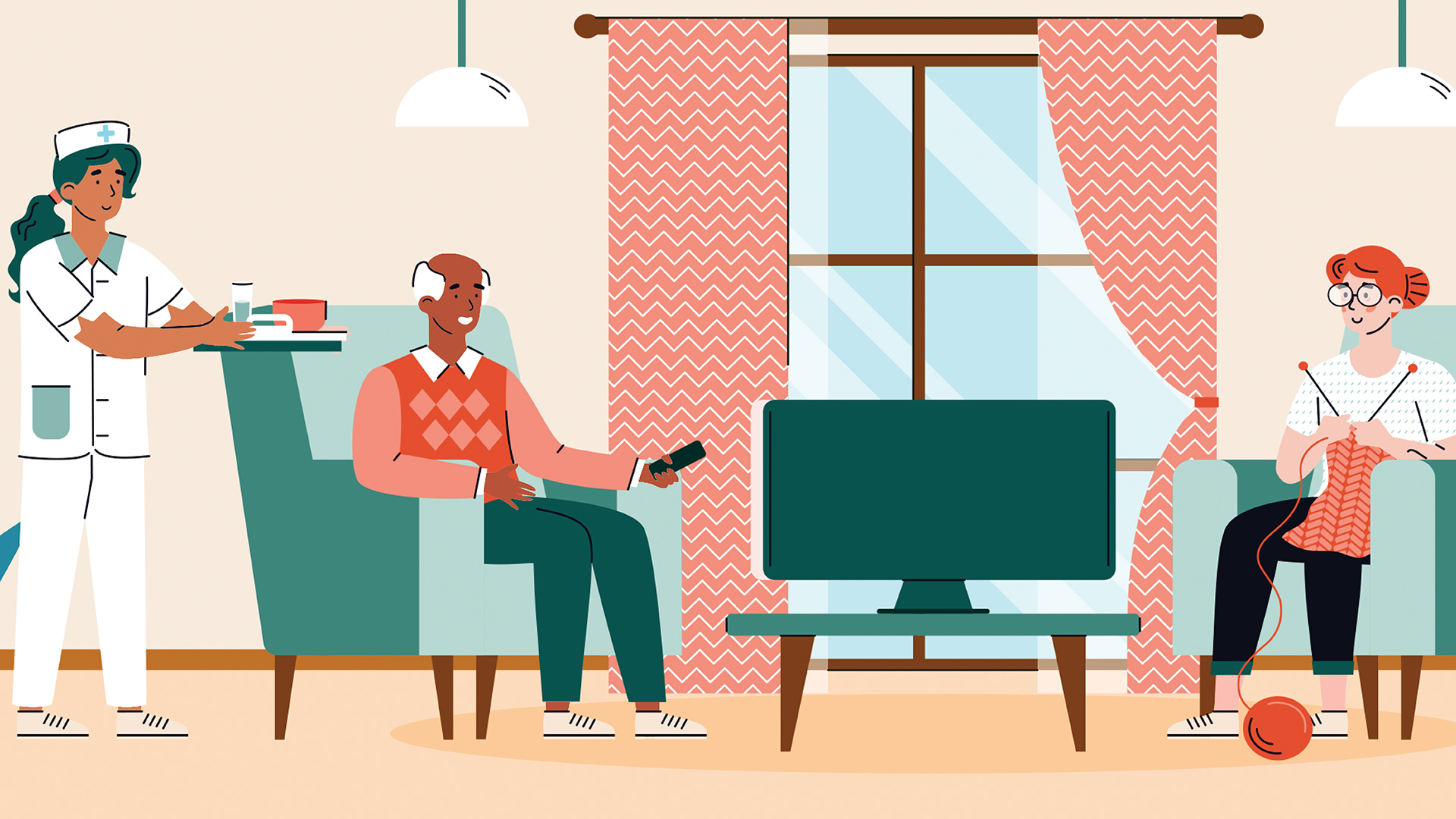
Long-Term Care Financing: What's Fair and Sustainable?
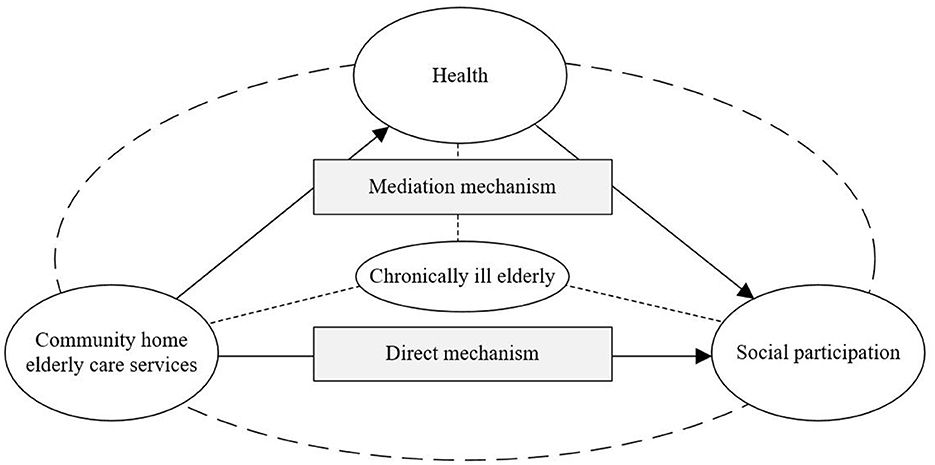
Frontiers Community home elderly care services, multidimensional
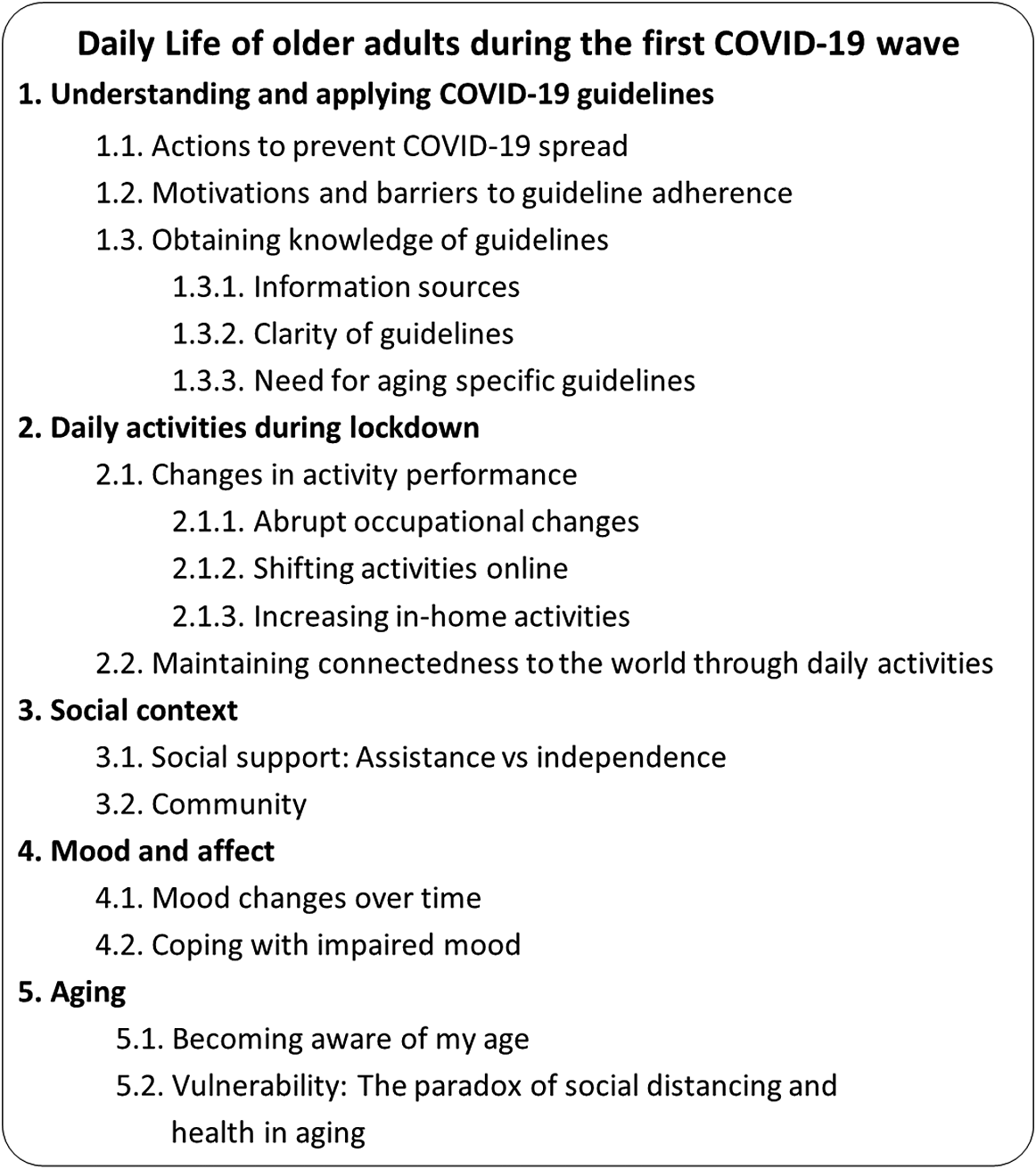
Occupational Disruption during the COVID-19 Pandemic: The Lived




:quality(80):fill(white)/https:%2F%2Fimages.asos-media.com%2Fproducts%2Fhollister-teddy-lined-parka-jacket-with-faux-fur-hood-in-grey%2F21718287-1-grey%3F$XXL$)


